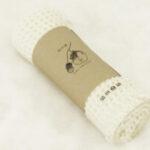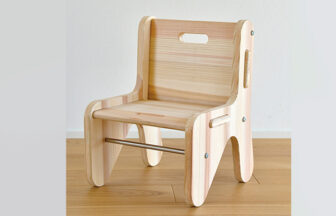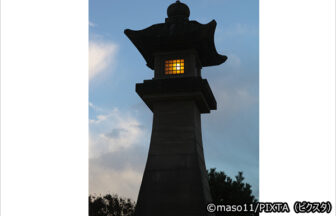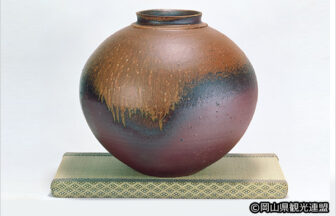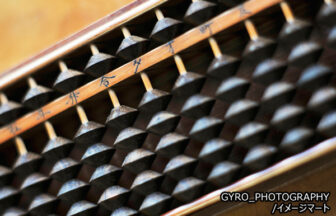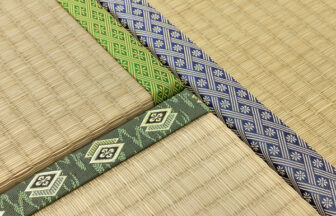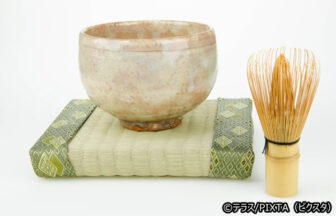Production Area
Yonago City / Sakaiminato City / etc., Tottori Prefecture
Historical Details and Geographic Characteristics
The western part of Tottori Prefecture (formally called the Hoki Province) is known for producing cotton (hakushu cotton) due to its well-draining sandy soil. In addition to cotton and cotton yarn, the area is recognized for gasuri or splash-dye patterns.
Initially, the most prominent yumihama-gasuri was the striped pattern; however, from the Meiji period to the Taisho era, egasuri, or picture-like patterns, came to be. Using various artworks as a basis, these patterns allowed for more individual expression and were sold country-wide. Despite this, there was a decline in the art form due to the advancement of textile production and the invention of synthetic fiber.
From around 1970 onwards, efforts to preserve Japan’s designated Traditional Craft Products and the prefecture’s Intangible Cultural Properties commenced. Through this, the marvel of traditional handwoven textiles was rediscovered, propelling it into use in modern interiors and new miscellaneous goods.
Main Retailer/Affiliated Museum
Asia Museum – Yasushi Inoue Memorial Hall
| Address | 57 Oshinozucho, Yonago City, Tottori Prefecture |
|---|---|
| Phone | 0859-25-1251 |
| Hours of Operation | 9:00 a.m. – 5:00 p.m. |
| Closed | Mondays (If the Monday falls on a holiday, the museum will close the following day) |
| Admission Fee | Adults: 500 yen, High School / College Students: 300 yen, Elementary / Middle School Students: 200 yen |
| URL | http://www.yonago-navi.jp/yonago/yumigahama/sightseeing/asia-inoue-museum/ |




